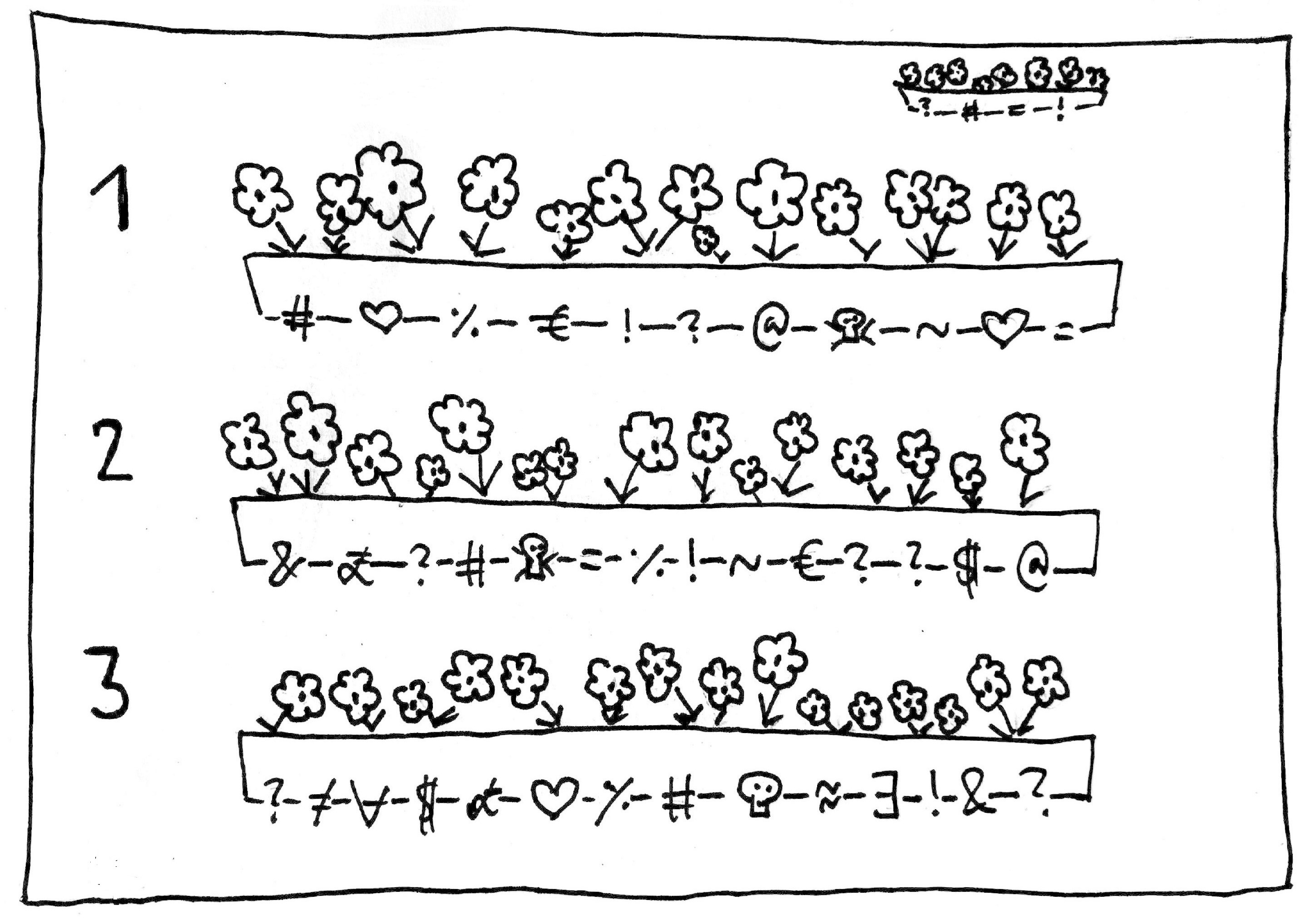In a Roundabout Way
Theory and Practice of Indirect Communication
Theory and Practice of Indirect Communication
PIs: Julia Zakkou (Düsseldorf), Katharina Felka (Graz)
We often say explicitly what we think and want. Sometimes, however, we communicate indirectly. We speak in a roundabout way and rely on others to read between the lines. The ways we do that are multifaceted, and the communicative intentions with which we do it can be varied. Not always are they transparent and not always are the communicative aims to everybody’s best interest. On the contrary, as we have all experienced in personal interaction and observed following ongoing political events, the intentions can be opaque and the aims fairly self-serving. In light of this, one would expect indirect communication to be a central topic in philosophy, attracting attention from both theoretical and practical perspectives. So far, however, the focus has been on specific theoretical questions regarding a fairly narrow set of cases. The richness of ways in which we communicate indirectly has not been fully acknowledged, and the connection to practical issues, some of which are of clear moral concern, is underexplored. This project sets out to fill this lacuna. Its aim is to elucidate central aspects and crucial forms of indirect communication and to offer an in-depth analysis both of the reasons that drive, and the challenges caused by, the use and abuse of indirect communication. Special emphasis will be given to the workings of charged expressions, where theoretical and practical questions most clearly interact. The project employs an interdisciplinary approach, bringing in insights from, as well delivering outputs to, debates in linguistics, cognitive science and social science. It widens our view of the phenomena by transgressing the focus on examples from the English-speaking sphere to cases from the German-speaking world, thereby making its results more relevant and accessible to a broader non-academic audience. The project is divided into five specific work packages (WPs). WP1 and WP2 examine classical tests for indirectly communicated contents and investigate entailed and associated contents as two understudied phenomena in the debate on indirect communication. WP3 works towards an account of why indirect communication can come in handy to the speaker, and why it can be challenging to the receiver. WP4 and WP5 address the workings of charged language. They start from the observation that we often not only describe the world around us but also assess the things we refer to. The main question will be how language allows us to do this. WP4 is concerned with sexist and racist slurs, while WP6 focuses on so-called thick and thin adjectives.
The project is funded by the DFG, and it is jointly led by Julia Zakkou (Düsseldorf) and Katharina Felka (Graz). One PhD student in Düsseldorf and one in Graz will join the team. See here for the advertisement of the job in Düsseldorf and here for the advertisement of the job in Graz.
